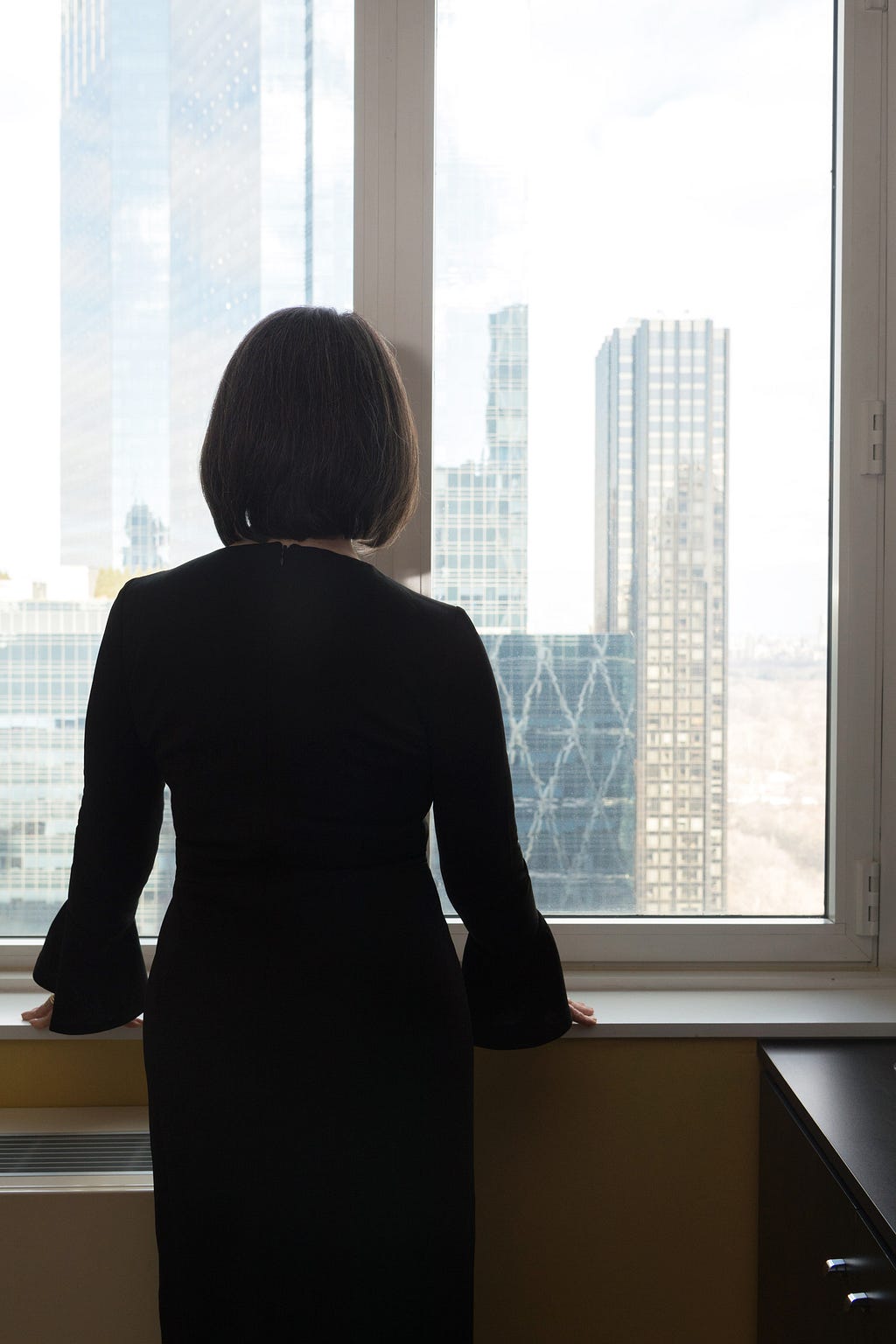Samantha Bee, Kate Spade, Bill Clinton, and Full Frontal Gender Bilingual Communication


Issue 53 — June 9, 2018
I’ve been toting my Kate Spade bag since her untimely death by suicide this week. I can’t tell you why it touched me so deeply but I can’t stop thinking about how she brought so much light, color, and beauty to the world but apparently didn’t always receive it herself. And now, Anthony Bourdain. Sad. My heart goes out to their families and especially the daughters they left behind.

These tragedies make it self-evident that it matters not what gender we are, we all can be susceptible to the same emotional turmoil. We all have the same human needs and demons.
It also means that we need to cut each other some slack and be there to help a friend in need, regardless of gender, ethnicity, or any other identifying factor.
And that in turn makes me wonder even more why we spend so much time thinking about differences when we have so much in common.
I’m thinking about this in a week when Samantha Bee has been in full frontal hot water for calling Ivanka Trump a female body part name that in its origin was simply a neutral description, yet has developed a vulgar meaning precisely because it is associated with women.
And a week in which #metoo rose to the top of the discussion charts again when Bill Clinton felt the need to mansplain in defense of his behavior with Monica Lewinsky (yes, he did have sex with that woman).
In 1998, the year the Clinton-Lewinsky affair became public and roiled politics, the majority of the public wanted to “move on.” In fact, the phrase spawned a political and social justice organization by that name. I was struck by how much things have changed as I observed younger female talking heads react with 21st Century disgust to Clinton’s rendition. They aren’t buying that “move on” stuff anymore.
Just as the pink hats of the Women’s March are a statement to reclaim the same body party that Bee used pejoratively, meanings of language can change. Meanings that sting in one era can become meanings that praise in another. They can become a badge of honor. New memes and tropes can open our minds to new ways of thinking: #metoo, #BlackLivesMatter, #TimesUp being some of the most recent.

My Kate Spade bag on stage with journalist Ruthie Ackerman (Forbes) and me at the Northside Festival this week
That leads me only slightly circuitously to the question I am often asked: Can men and women ever really talk to each other? That our country has a difficult relationship with sex and has only recently come to realize that sexual harassment and worse are about power at their core, not about sex, is one of the most important and difficult conversations that we must have in order to solve these systemic problems. They are rooted in power imbalances between the sexes. And those gendered power imbalances become ingrained in everyday language. That my grandson refused to wear pink shoes because they symbolized being female is one simple example.
These imbalances in turn have fostered the “men are from Mars, women are from Venus” approach to male-female communication. And yet, we do inhabit the same planet after all and therefore must learn to speak each other’s languages in order to thrive at our highest levels.

A new mug that Kerry Giangobbe gave me last night
In this month’s Virtual Happy Hour, “Speaking the Language of Power: Gender Bilingual Communication” I’ll get to dive into these questions and more with a man in the forefront of exploring gender. Michael Kimmel is the leading authority on men and masculinities, the author of books such as Angry White Men, Guyland, and Misframing Men, and Distinguished Professor of Sociology and Gender Studies at Stony Brook University. He shares his expertise with a side order of good humor.
Communicating across gender and culture requires exceptional skill, so I’m thrilled that Catalyst’s Katherine Giscombe, Vice President and Women of Color Practitioner, will bring her wisdom to the VHH as well on Wednesday, June 13 at 6:30 eastern time. She has authored the groundbreaking study “Women of Color and Corporate Management” and generates solutions to the subtle obstacles that still must be overcome for women of color and other marginalized groups to succeed in the workplace.

You’ll get to ask Michael and Katherine your questions directly if you tune in live, but do register even if you can’t join us live, and we’ll send you the replay, plus you’ll get access to a new set of juicy Gender Bilingual Communications tips I’ve developed for the occasion, and that you will be able to put to use right away.
Leaders inherently must grapple with creating an environment in which clear and respectful communication happens in the best interest of the individual people and the health of the organization. And both men and women benefit from learning the language of power so they can use it to get things done and in order to speak effectively across gender and culture.
Nobody ever said it would be easy, but if we remember that we are all in this life together, it gets a lot less complicated.
Here are a few hashtags to consider turning into powerful memes for good: #GenderBilingual #GenderEqual #ListenforaChange #KindnessMatters #YouAreNotAlone #FullFrontalRespect #LoveOverH8 #PowerTOnotPowerOver.
